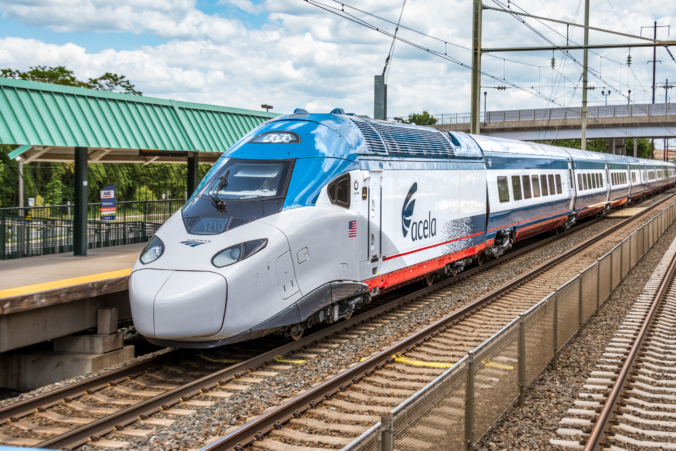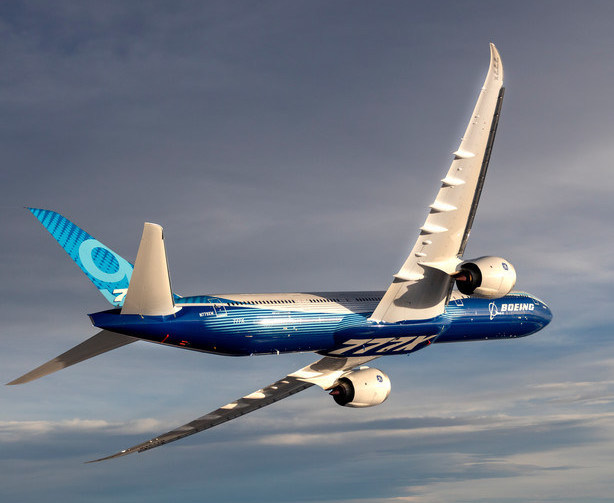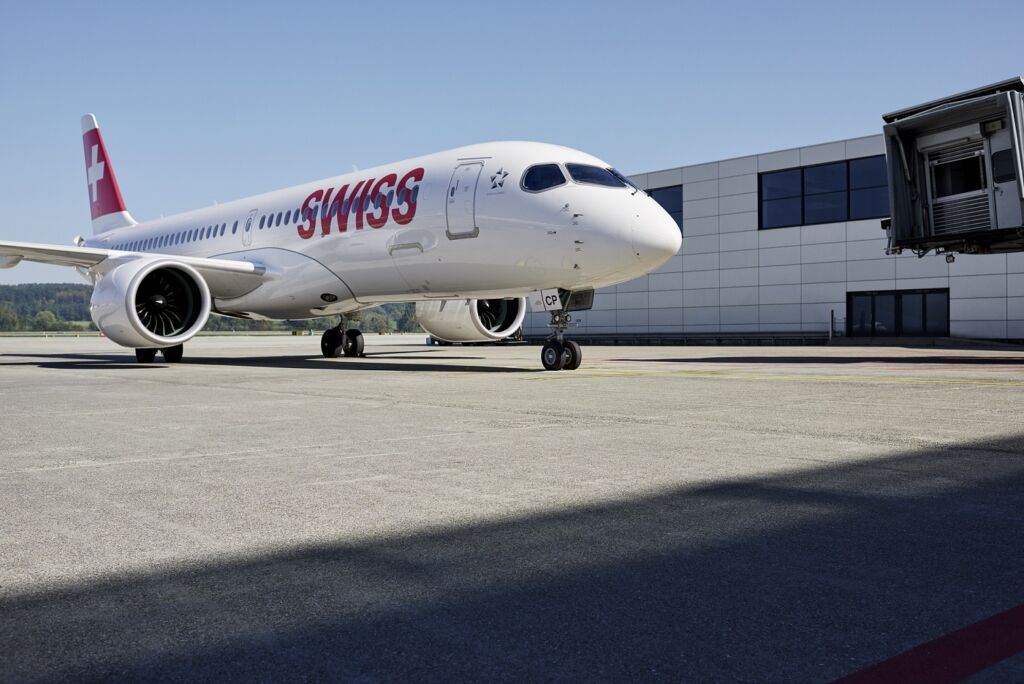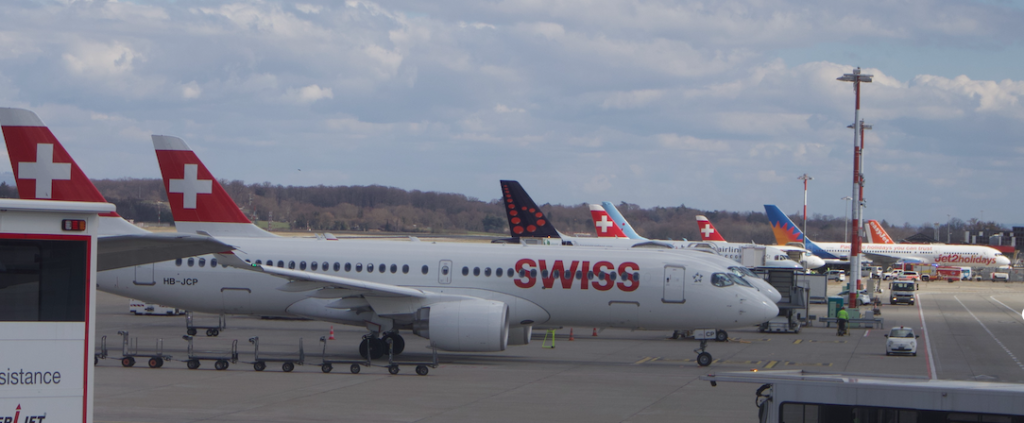Washington, D.C. – Based on extensive customer research, and in an effort to better meet customer needs, Amtrak has introduced a new, simplified fare structure with more flexible and affordable options. The simpler fare structure launched this week and builds on other recent improvements Amtrak has made to the booking experience.
The new fare structure reduces fare types from three categories to two and serves to provide a more consistent booking experience with fare types that are clearly differentiated and easy-to-understand:
- Flex: For customers who want a more flexible travel option, these tickets are fully refundable if canceled, and can be changed without fees before departure[1].
- Value: For customers who know their travel plans and want a more affordable option, these tickets are at a lower price than Flex tickets, non-changeable and receive a 75% refund if canceled.
In addition to simplifying the fare structure, benefits of the new approach also include:
- Flex fares will often be available starting at lower prices than previously offered.
- Occasional sale fares at an even deeper discount (these will be non-changeable and receive a 50% refund if canceled).
- Any refunds of credit card purchases will be made to the original form of payment, rather than as an eVoucher.[2]
These changes to Coach and Acela Business tickets make it easier for Amtrak customers to choose the ticket type that best fits their travel needs. Non-Acela Business and First Class tickets were already fully refundable and changeable with no additional fees. Tickets purchased prior to the launch of the new simplified fare structure remain subject to the fare rules and conditions that were in effect when the ticket was purchased.





